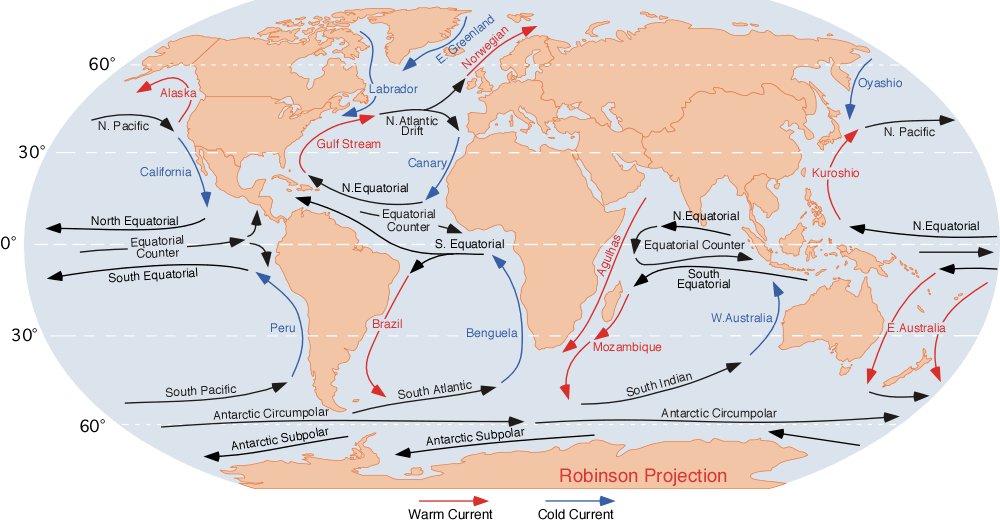I mean, this could easily be answered by the great wealth to be gotten at the source of trade Moorish gold trade and prestige in raiding or conquering at the end of the world.
This certainly I would say is a plausible explanation given the massive raid(or maybe conquest attempt?) launched by Ingvar the far travelled on Tabaristan.

en.m.wikipedia.org
I would say, they already had a secure route that the Vikings did not.
_-








--_
Anyways, it would seem to me that what would differentiate Portugal and Carthage from some roudy Viking bunch would be state backing and state accumulation of knowledge and wealth, however, some Moorish sailor that knows the general route but avoids it due to the danger could always be the one to show them the way the first time.
Which route was this? I'm not aware of any routes, aside from the claimed Phoenician expeditions, and those are both dubious and so long before the time period that, even if they did happen, knowledge of the journey and the techniques and timings needed were likely lost. Again, if there was a reliable sea route, the Trans-Saharan wouldn't have been the primary route for trade (and OTL Portuguese naval efforts did end up diminishing the desert trade noticeably).
The Wikipedia article you cited regarding Ingvar mentions that "The expedition probably aimed to reopen old trade-routes after the Volga Bulgars and the Khazars no longer proved obstacles," so it wasn't a case of the unknown like with going from Iberia to West Africa. Also they all died and that particular expedition was not attempted again, despite resupply being far easier on this route than the Bojador route since it's almost entirely inland. A single major failure is all it took to kill ambitions of reopening a lucrative trade route that had already existed, I can't imagine ambitions of creating a potentially lucrative trade route that never existed would survive, especially when there's already trade happening along a different route.
And regarding Iceland, Greenland, and Vinland, those appear to have been the results of accidents involving exiles (criminals or those seeking to contest an inheritance) getting caught in storms or missing known ports and getting washed to stranger shores that happened to have easy return routes.
As for resupply, Chaunu apparently wrote:
"At twenty seven degrees north, Cape Bojador is already in the Sahara, so there could be no support from the coast. The Cape is 800 kilometres from the River Sous; the round trip of 1,600 kilometres was just within reach of a galley, but it was impossible to go any further without sources fresh water, except by sail. In addition there were the difficulties [of] the strong current from the Canaries, persistent mists, of the sea bed, and above all the impossibility of coming back by the same route close hauled."
From
https://books.google.com/books?id=n...6BAhHEAM#v=onepage&q="chaunu" bojador&f=false.
On a side note, the evidence for Vikings in the Azores is also not exactly fantastic: mice and sediment. The Vikings had no records of the region, which is unlike them when it came to telling their naval exploits in their sagas, and there are no Viking burial grounds.
Gold in the Sahel. Takrur and Mali both traded it and both States had a coastline. This is the main reason I was talking of trade route, not settlement.
(There are other stuff like fruits/seeds of paradise, Sugar, dates, Synsepalum dulcificum etc would also exist but what mainly drove the Trans-Saharan trade and what the Berbers would know we'll of is the Gold).
And those were already being traded along an established trade route. There needs to be enough of a financial benefit (not having access to the route due to hostile states for example, like the Spanish were after taking over Granada and getting cut off from the Trans-Saharan trade, or Portugal being on the wrong side of Iberia for Mediterranean trade) to fund such an expedition. Personal ambition is sufficient for a one off, sure, but it took over a decade for the Portuguese to figure out the currents and winds once they began in earnest in the 15th century, with compasses, nautical charts, and other navigational tools and naval innovations. Plus constant royal funding. I hate to keep harping on this one, but the Vikings have better regions to raid that are not going to take years to see returns on. And, as with Tabaristan, a single failure is enough to sour interest in the whole venture when there's easier prey. Again, Tabaristan was reopening an older trade route that was known already, Ice/Green/Vinland were accidents that happened from being blown off course going to Norway/Ice/Greenland. West Africa and back is going to the unknown without the aid of currents (not to mention the shallows, treacherous reefs, winds, and lack of water). That's a voyage that's magnitudes harsher and less survivable than Tabaristan and Greenland.


